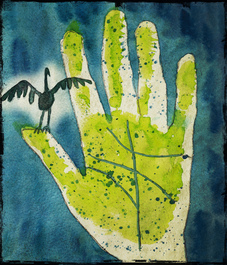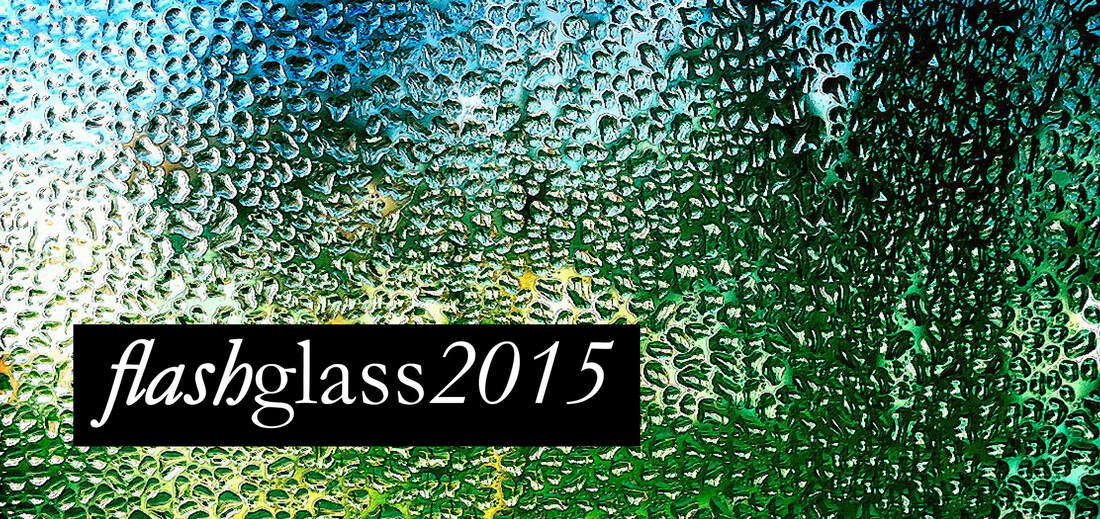 When I got home from the deaf-blind convention, I couldn’t stop touching people. It was a week of haptics, tactile sign language and fingerspelling, touching and being touched, and it just naturally continued flowing out of me. I found myself patting the hand of the policeman as he leaned into my car window to give me the speeding violation: Thank you, officer. And I couldn’t help stroking the arm of the bank representative when I stopped in to make a payment on my home equity loan: Principle only, please. And later, in line at the grocery store, I brushed a piece of lint off the sweater of the woman in front of me, pressing her shoulder reassuringly. When she turned around, startled by my touch, I touched her again, on the elbow, to apologize. Which only made it worse. People are touchy about being touched. They don’t like it. They misconstrue it. They take it as an advance: a pass or a flirtation, an aggression or an invasion. But not so with deaf-blind people. For deaf-blind people touch is everything. It’s communication and information. It’s intonation. It’s affirmation, feedback, backchanneling. It’s connection and community. It’s practically sacrament and yet it’s as natural and necessary as breathing. All week I had brushed up against and been brushed up against, gently bumping, gingerly jostling, signing and spelling into hands, printing on palms, scratching and tapping, sketching and mapping on backs, shoulders, knees, interpreting and chitchatting as my fingers and hands remained in almost constant contact with the fingers and hands and bodies of others. The deaf-blind world is a different world altogether. A world of physical contact. And already I found myself missing it terribly. In fact, I seemed to be going through a kind of withdrawal. I felt separated, isolated, untouchable in a world of untouchables. It felt like there was too much space between me and the world, too much space between people and things, too much space between people and people. I felt depressed. I began to self-medicate: I started touching myself. Not in a sexual way, but a platonic way, a deaf-blind way. My hands looked for each other; they touched each other and themselves, folding, tenting, twiddling, praying. And I touched my face - my temple, forehead, nose, cheeks, lips, philtrum, chin. My neck, head, crown, shoulders, arms, wrists, thighs, knees. I touched myself and I thought of my deaf-blind friends at the convention, whom I longed to see again, whom I longed to touch. But the next convention wasn’t for another two years. Especially I missed Adriana. Her slender, beautiful hands, the weightlessness of them as they rested on mine, listening. It wasn’t exactly romantic; it was more semantic: her nimble fingers, her fluent signing, the grammar of her face, her virtuosic receptive skills - it was all about language. I was seduced by the voluptuousness of tactile sign language. She was my deaf-blind delegate from NY, and I was her SSP (Support Service Provider). I guided her, assisted her, interpreted for her, clued her in and helped her out by touching her constantly, but only on her hands, occasionally on her back, or her arm, or the little atoll of her knee. “Those are the only permissible places,” the Pro-Tactile instructor told us during the short training session on haptics for interpreters and SSPs the first day of the convention. “To tell the deaf-blind person that someone is laughing, for example, you can spell HA-HA in her hands, of course, but if her hands are occupied, for whatever reason, then you can indicate it like this on her arm, or her back, or if you’re both seated, on her knee.” Then he did a little sort of double flex-scratch with all five fingers in the air, by way of illustration. “Nothing above the knee, though; and never on the head, or stomach, or chest, or butt, or breasts. Unless, of course, invited to, in the privacy of your dorm rooms.” There were some giggles. I have to say, those first few days at the convention, a part of me hoped I’d be invited to. And sometimes it seemed like I was on the verge of being invited to. But the invitation never came. And in a way, I’m glad it didn’t. Because it wasn’t about sex. It was so not about sex. And between you and me, some of us never grow wholly comfortable doing it, now do we? I mean doesn’t it feel a little like the blind signing their names on the signature line? I mean don’t we often need a hand to guide our hand to where they say the ultimate expression of who we are ought to be? And then when it’s done, it’s as though our lovers take back the pen, and the paper, eyeing the sad mark that is ours, and wondering what in the world the world should make of such a squirming, illegible thing.  Paul Hostovsky's latest book of poems is The Bad Guys (FutureCycle 2015). He is the author of seven books of poetry and six poetry chapbooks. His poems have won a Pushcart Prize and two Best of the Net awards. He has been featured on Poetry Daily, Verse Daily, and the Writer's Almanac. He makes his living in Boston as a sign language interpreter. To read more of his work, visit him at www.paulhostovsky.com.
0 Comments
Leave a Reply. |
FLASH GLASS: A MONTHLY PUBLICATION OF FLASH FICTION, PROSE POETRY, & MICRO ESSAYSCategories
All
Cover Image: "Spots"
|
|
Glassworks is a publication of Rowan University's Master of Arts in Writing 260 Victoria Street • Glassboro, New Jersey 08028 [email protected] |
All Content on this Site (c) 2024 Glassworks
|


 RSS Feed
RSS Feed
